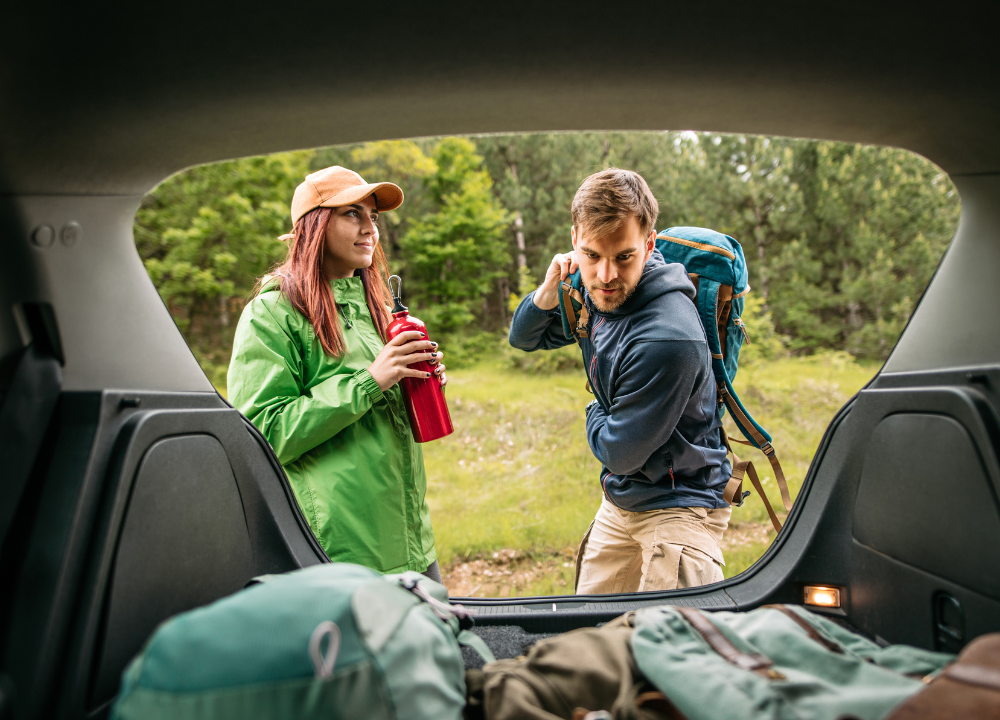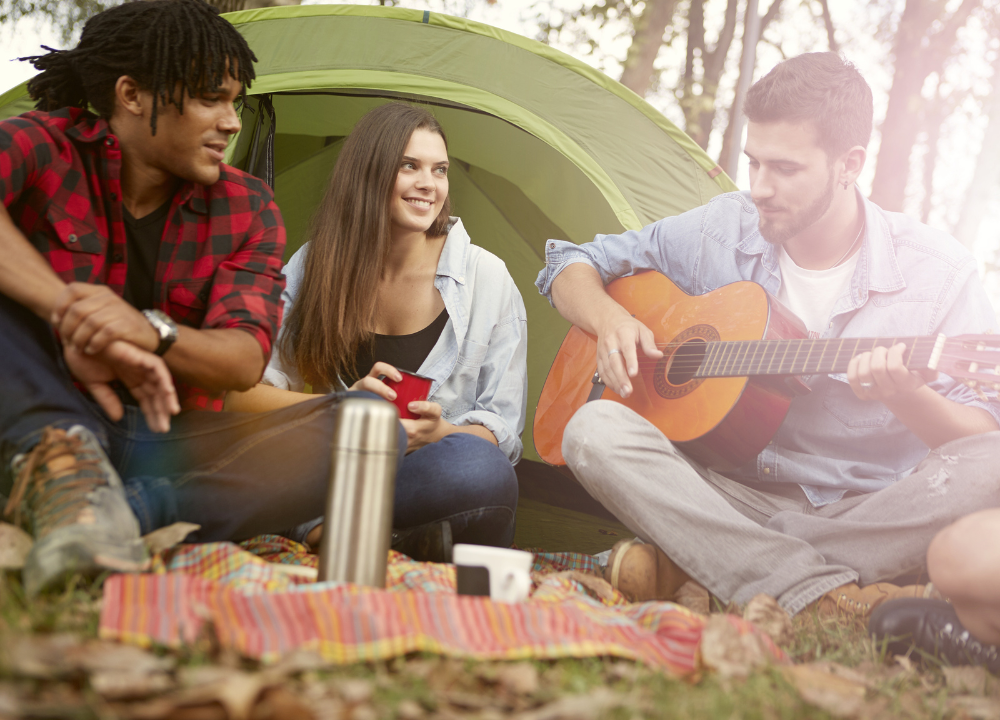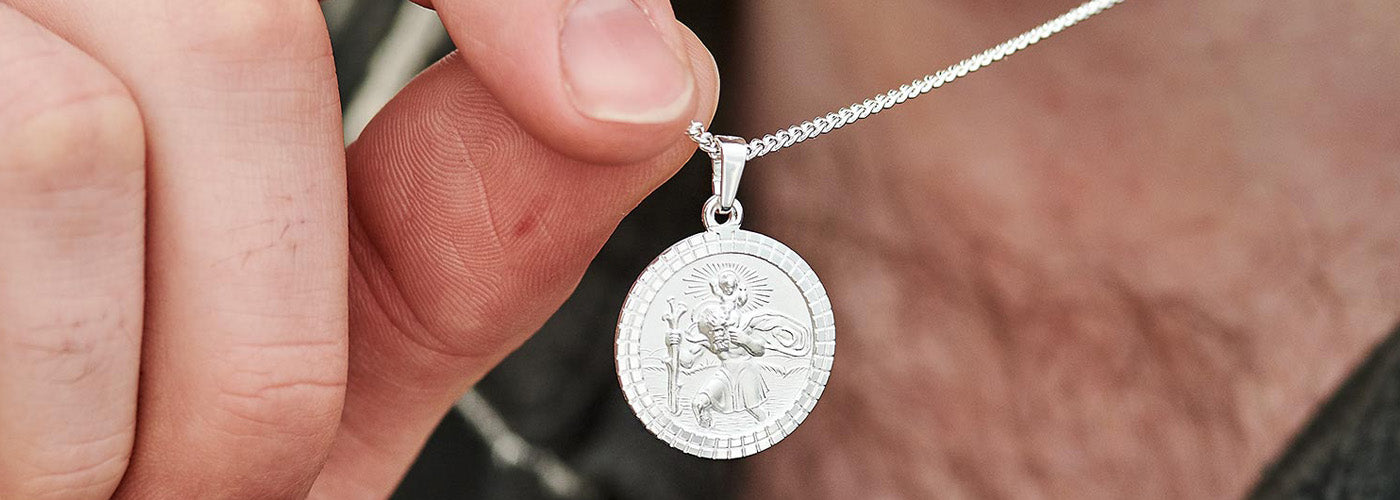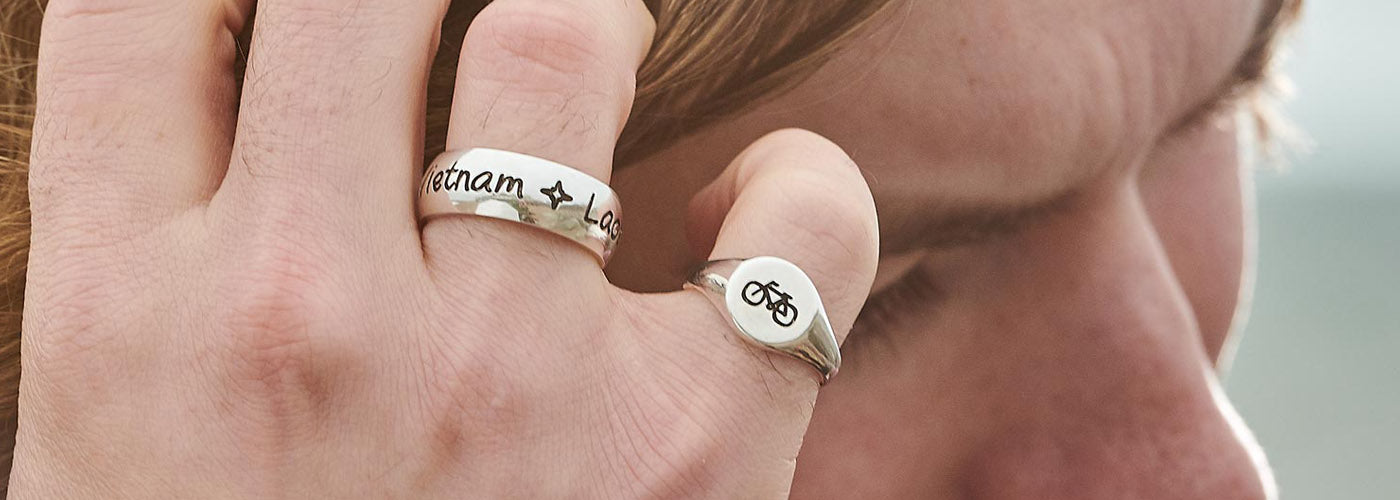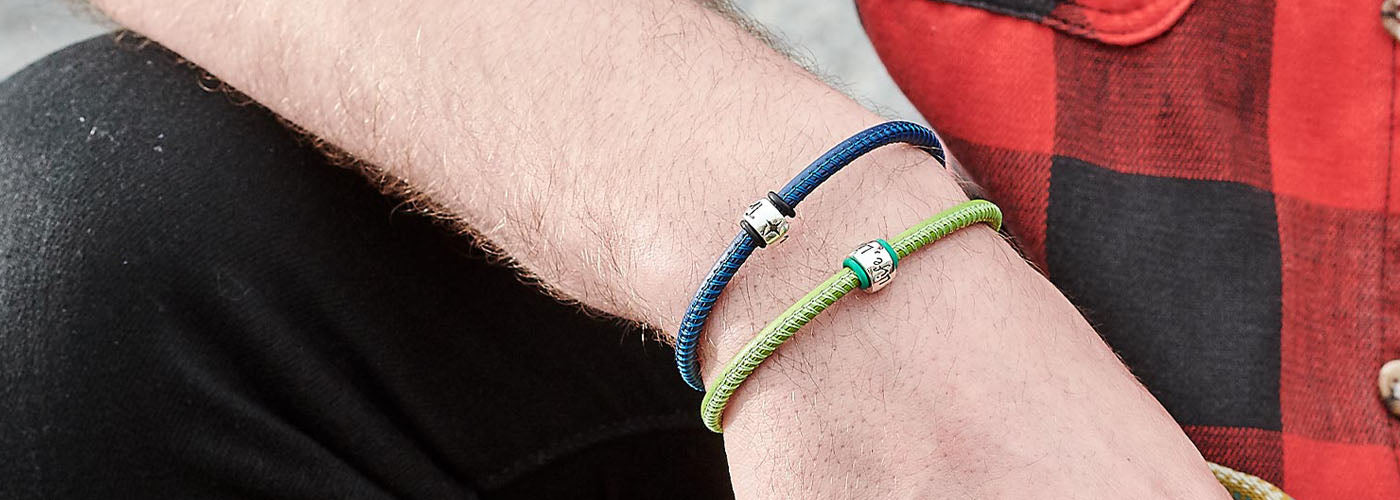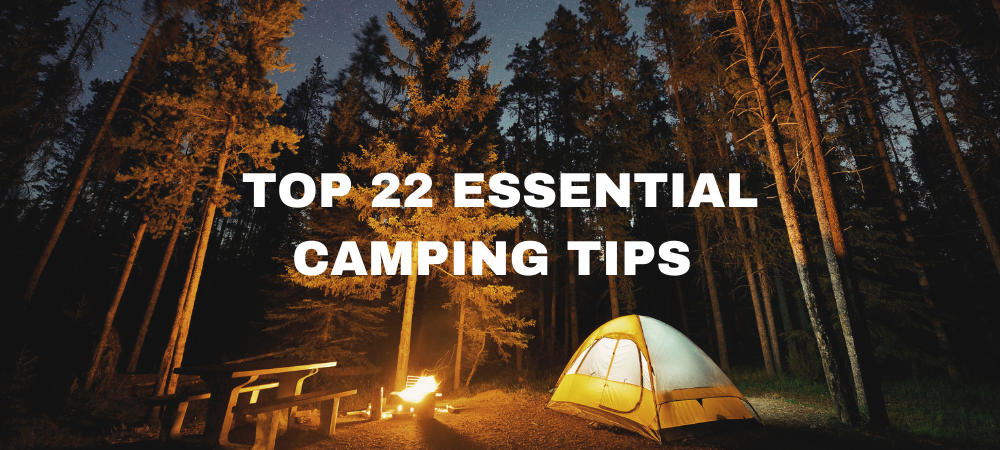
Top 22 Essential Camping Tips
Related Posts
Need Ideas For Custom Signet Rings?
Need some inspiration for a custom signet ring? Take a look at just some of the hundreds of original designs we've made in the past year.
Learn moreEU and Northern Ireland Shipping Is Back On!
Good news, everyone! Off The Map Jewellery is thrilled to announce that I am now GPSR compliant, or is it GSPR?
Learn moreShipping To Europe & Northern Ireland
Are you a shopper based in the EU or Northern Ireland If so, you may have heard of some recent challenges due to the new GPSR regulations. Unfortunately, these regulations have created a complicated red tape nightmare for many small businesses, including jewellers. What are the new regulations? Starting from the 13th of December 2024, businesses are required to have an authorised 'responsible person' within the EU or Northern Ireland to certify the safety of their products. This means that simply having a UK hallmark is no longer sufficient to meet the new requirements. Why the temporary suspension? Given that this period is one of the busiest for many businesses, dealing with such a complex issue without much support from the UK Government can be overwhelming. As a result, many jewellers and small businesses, including ourselves, have made the difficult decision to temporarily suspend all orders to Northern Ireland and the EU until the new year. This will allow us the time needed to navigate these new regulations and ensure compliance. Apologies for any inconvenience We understand that this decision may cause inconvenience to our customers, and for that, we sincerely apologise. Our priority is to ensure that we can continue to provide our products to you in a way that meets all necessary regulations and standards. Thank you for your understanding and patience during this time. We look forward to resolving these issues and resuming shipping to Northern Ireland and the EU as soon as possible.
Learn more






